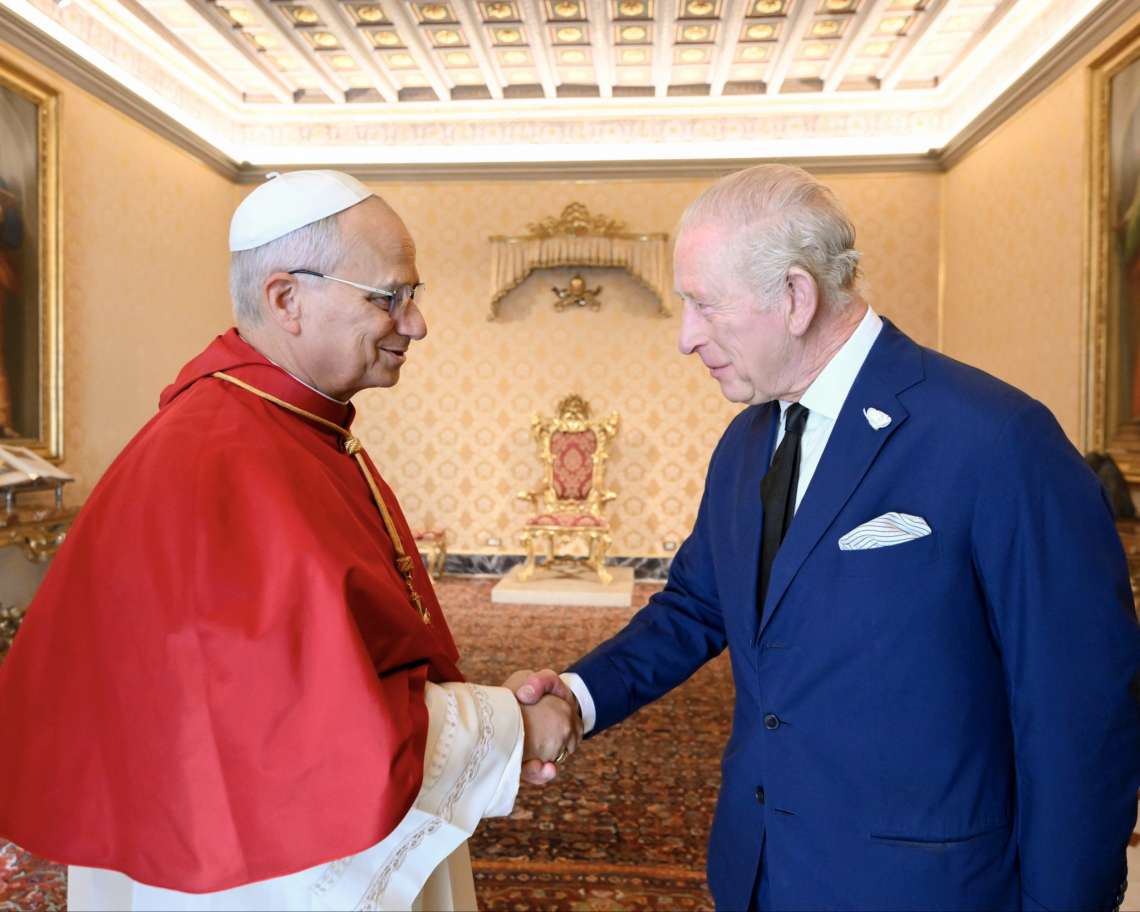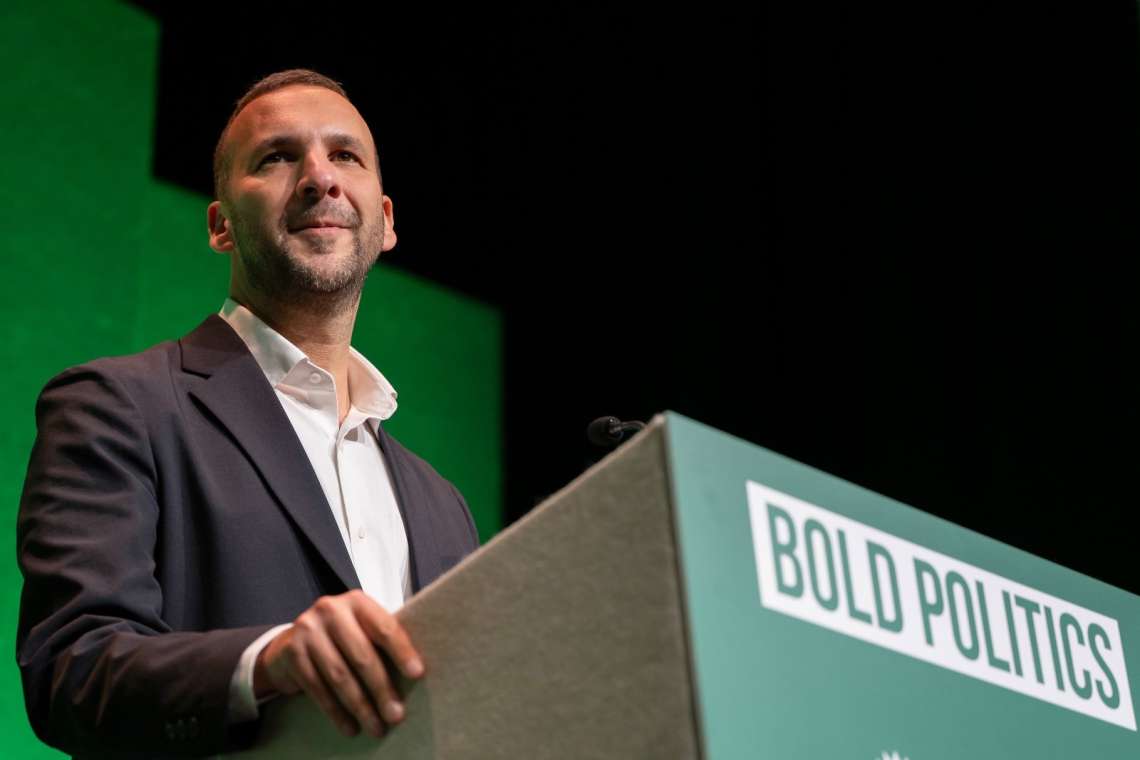Kemi Badenoch unveils £1.6bn plan to deport 150,000 people a year as critics warn of threats to rights and freedoms…reports Asian Lite News
The Conservative Party has pledged to establish a new “removals force” with sweeping powers and billions in additional funding, as part of a radical overhaul of Britain’s immigration system.
The announcement will be made by party leader Kemi Badenoch on the opening day of the Conservatives’ annual conference on Sunday, where “Strong Borders” is set to dominate the agenda.
Modelled on the controversial US Immigration and Customs Enforcement (ICE) agency, the new force would replace the Home Office’s existing Immigration Enforcement unit and be given £1.6bn annually – almost double current spending. The Conservatives say the move will allow the UK to increase the number of removals from 34,000 a year to 150,000, totalling at least 750,000 deportations across a five-year parliament.
The force would be equipped with powers to use live facial recognition without prior notice to identify people deemed to be in the country illegally. Conservative officials said the increase in spending would be offset by closing asylum hotels and “tackling the wider costs of our out-of-control asylum system”.
ICE, however, has faced mounting criticism in the US, where it has been accused of racial profiling, wrongful arrests of legal migrants and even detaining US citizens. Civil liberties groups have already warned that extending live facial recognition in Britain could infringe on privacy and freedoms, while critics within the Conservative Party itself are likely to raise concerns.
The pledges build on a string of announcements made over the weekend. Badenoch confirmed that a Conservative government would take Britain out of the European Convention on Human Rights, fully repeal the Human Rights Act, and withdraw from the Council of Europe Convention on Action Against Trafficking in Human Beings.
Conservatives argue that leaving these legal frameworks would remove “the blocks that allow illegal immigrants, and in some cases foreign criminals, to stay in the UK based on flimsy claims”.
A key shift in asylum policy would see refugee status restricted only to those persecuted by foreign governments. Individuals fleeing conflict, civil unrest, or discriminatory laws against religion or sexuality would no longer qualify, with the party acknowledging that “few people will qualify” under the new regime.
The Conservatives’ plan also calls for the abolition of the immigration tribunal system, transferring all migration decisions to the Home Office. Appeals would only be permitted in narrow cases where officials acted outside their authority.
In another controversial move, immigration cases would no longer qualify for legal aid. Party figures accused lawyers of “coaching” applicants and “defrauding” the system, insisting that “there is no need for lawyers” if claimants are truthful about their circumstances.
The announcement comes as the Conservatives face stiff competition on their right flank from Reform UK. Nigel Farage’s party has already promised to quit the ECHR and deport up to 600,000 people over five years.
Badenoch dismissed those proposals as “announcements that fall apart on arrival”, insisting that the Conservatives’ plan was underpinned by “serious and credible” legal analysis. “Labour offers failed gimmicks, while our Stronger Borders plan is serious, credible, and fully costed. That is the difference the next Conservative government will deliver,” she said.
The Labour government sharply criticised the plans, accusing the Conservatives of failing on immigration during their time in office and presiding over record levels of net migration. A Labour spokesperson said: “The Conservatives’ message on immigration is: we got everything wrong, we won’t apologise, now trust us. It won’t wash. Kemi Badenoch’s party enabled record high net migration as removals plummeted, opened over 400 asylum hotels and wasted £700m of taxpayers’ money to send just four volunteers to Rwanda.”
Labour said it was focused on “fixing the Tories’ mess” by cracking down on people-smuggling gangs operating small boat crossings, closing asylum hotels, deporting foreign criminals, and striking international returns deals to manage border security.
With immigration long a defining issue in British politics, the Conservatives’ conference opening gambit signals a decisive shift towards harsher enforcement and away from international conventions. Yet questions remain over the feasibility and cost of deporting 150,000 people annually, as well as the potential backlash over facial recognition and the removal of legal safeguards.
As Badenoch takes to the conference stage, the debate over Britain’s borders looks set to intensify – with the Conservatives betting that a tough stance on migration will help them draw sharp lines against both Labour and Reform UK.














